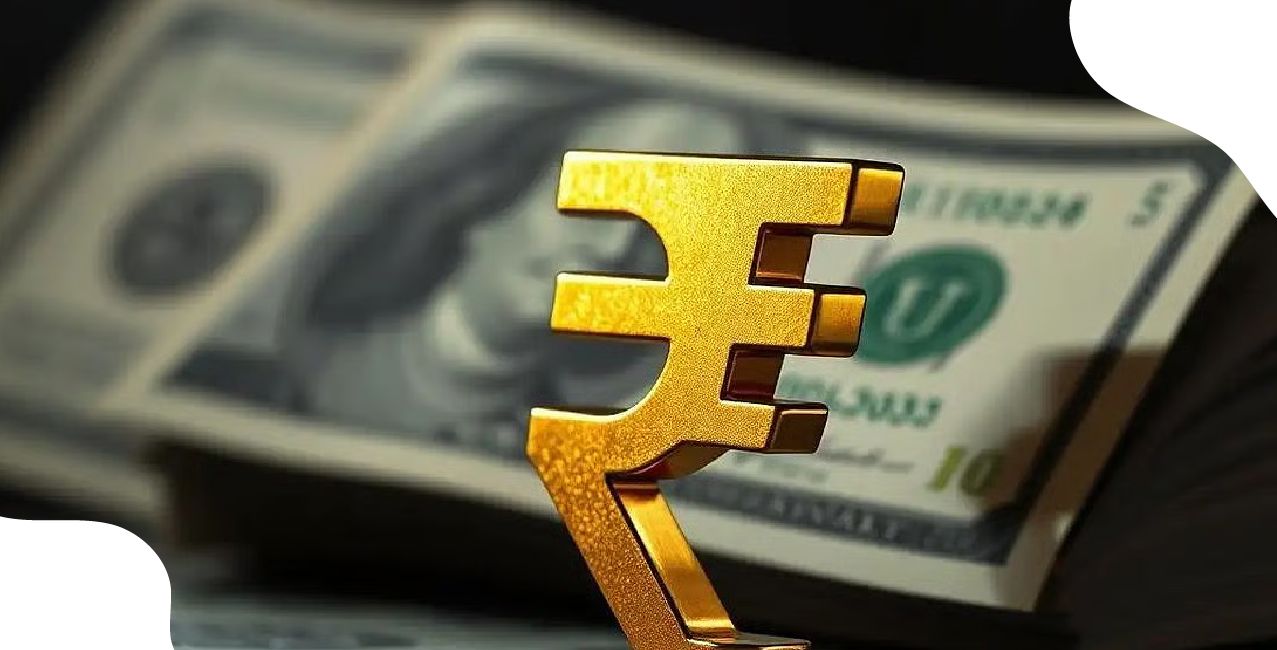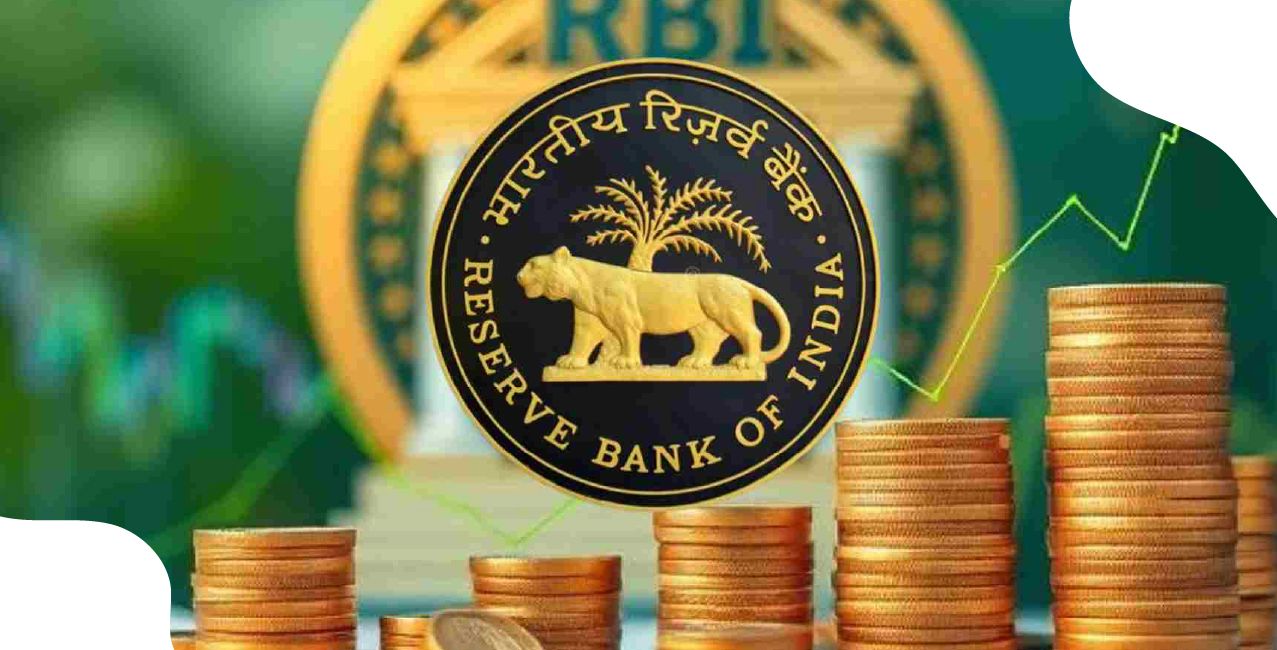Retail Loan Demand Dips in Q4, But Repayment Performance Shows Positive Signs

Check Your Loan Eligibility Now
By continuing, you agree to LoansJagat's Credit Report Terms of Use, Terms and Conditions, Privacy Policy, and authorize contact via Call, SMS, Email, or WhatsApp
TransCIBIL Union’s Credit Market Report for June 2025 has revealed an interesting trend in India’s retail loan segment—youngsters are becoming increasingly loan-averse. Despite easier borrowing conditions and a recent 25-basis-point repo rate cut (February), overall loan demand has declined. On the flip side, there’s been an improvement in repayment behaviour.
The Credit Market Indicator (CMI) has now touched a 2-year low, raising questions for lenders about future demand and market strategies. So, what does this mean for new-age lending institutions?
5% Cut in Credit Demands As Compared to March 2024; TransCIBIL Credit Market Report
During the April-June quarter of FY 2024–25 (Q4), retail credit demand witnessed a notable 5% drop compared to the March 2024 quarter. What’s surprising is that this decline comes even after the Reserve Bank of India’s 25 basis points repo rate cut in February 2025—an action generally expected to stimulate borrowing.
This signals a shift in consumer’s main goal. Could it be that individuals are now prioritising saving over spending? Or are they simply unwilling to take on debt in economically uncertain times?
According to experts, people are becoming increasingly cautious, focusing on financial independence rather than short-term borrowing.
Credit Market Indicator (CMI) Touched a 2-Year Low; Stands at 97
The Credit Market Indicator, or CMI, dropped to 97 in June 2025, the lowest it has been in the last two years. But what exactly is CMI?
CMI (Credit Market Indicator) is a composite score (out of 200) that measures the overall health and activity level in the retail credit market—higher values indicate robust growth and healthy credit behaviour.
Read More - Loan Repayment Hacks That Can Save You Lakhs in Interest
Let’s break it down with an analogy
Imagine the credit market is a shop. In this shop:
- Chocolates = Existing loan repayments
- Toffees = New loan requests
If more people are returning chocolates on time but fewer are asking for toffees, the shopkeeper will have more confidence in his existing customers but might worry about future sales. That’s what’s happening now, repayments are improving, but demand is dipping.
This is why it is important to note that 90+ days past due balance level delinquency rate for credit cards held still at 2% till March 2025. Refer to this table to notice a change in the defaults in repayments:
Delinquency Rate | 2% | 2.04% | 2.02% |
Quarter | March 2025 | December 2024 | September 2024 |
Note: Delinquency Rate refers to the percentage of loans that are past their due dates, with respect to repayments. For example, if a consumer isn’t able to repay his loan after even 1 day, that particular loan is counted to calculate the delinquency rate.
People Younger than 35 Years of Age Don’t Want to Borrow Loans
A significant insight from the report is the declining interest in credit among young adults.
- New-to-Credit customers, those borrowing for the first time, fell by 3% in Q4 of FY25.
- Loan enquiries from individuals aged 35 and below decreased from 58% in Q4 FY24 to 56% in Q4 FY25.
Metric | Q4 FY24 | Q4 FY25 |
% of New-to-Credit Customers | - | ▼ 3% |
Loan Enquiries by Age ≤ 35 | 58% | 56% |
This signals a shift in mindset, young borrowers are avoiding EMIs and debt, possibly due to increased awareness about financial liabilities or a preference for “buy only what you can afford” living.
Shift from Consumer Loans to High-Value Loans like Home Loans
While personal and consumer loans may be cooling off, there is a notable uptick in high-ticket home loans—particularly those exceeding ₹1 crore in valuation.
Also Read - Smart Ways to Repay a Loan Faster Without Extra Charges
Home Loan Category | Q4 FY24 Growth | Q4 FY25 Growth |
Loans > ₹1 crore | 7% | 9% |
This trend reflects a growing appetite for asset-building and long-term investments, especially among financially stable individuals who view real estate as a safer bet.
Demand for Auto Loans Increased in 2025
Despite the slump in overall credit, auto loans—especially two-wheeler loans—have gained momentum.
Auto Loan Type | Q4 FY24 YoY Growth | Q4 FY25 YoY Growth |
Two-Wheeler Loans | 1% | 7% |
The rise suggests a revival in rural and tier-2 demand, possibly boosted by rising fuel efficiency models, better financing schemes, and wider digital access to auto credit.
Conclusion
While overall loan demand may be cooling down, the Indian retail credit market is showing signs of maturing. The younger population is exercising caution, homebuyers are moving toward high-value assets, and auto credit is experiencing a bounce-back. With the CMI hovering at a 2-year low, lenders need to rethink their strategies, focusing more on borrower education, customised loan products, and digital engagement to revive interest and build long-term credit relationships.
About the author

LoansJagat Team
Contributor‘Simplify Finance for Everyone.’ This is the common goal of our team, as we try to explain any topic with relatable examples. From personal to business finance, managing EMIs to becoming debt-free, we do extensive research on each and every parameter, so you don’t have to. Scroll up and have a look at what 15+ years of experience in the BFSI sector looks like.
Subscribe Now
Related Blog Post

Home Loan Interest Rates 2025 Deliver Major EMI Relief, Will Borrowers See More Gains In 2026?

Will the Indian Rupee Stabilise in 2026 After a Volatile 2025?

RBI Draft Rules Target Surprise Costs in Overseas Payments
Recent Blogs
All Topics
Contents
Quick Apply Loan
Consolidate your debts into one easy EMI.
Takes less than 2 minutes. No paperwork.
10 Lakhs+
Trusted Customers
2000 Cr+
Loans Disbursed
4.7/5
Google Reviews
20+
Banks & NBFCs Offers
Other services mentioned in this article
.png)
.png)
.png)
.png)
.png)
.png)